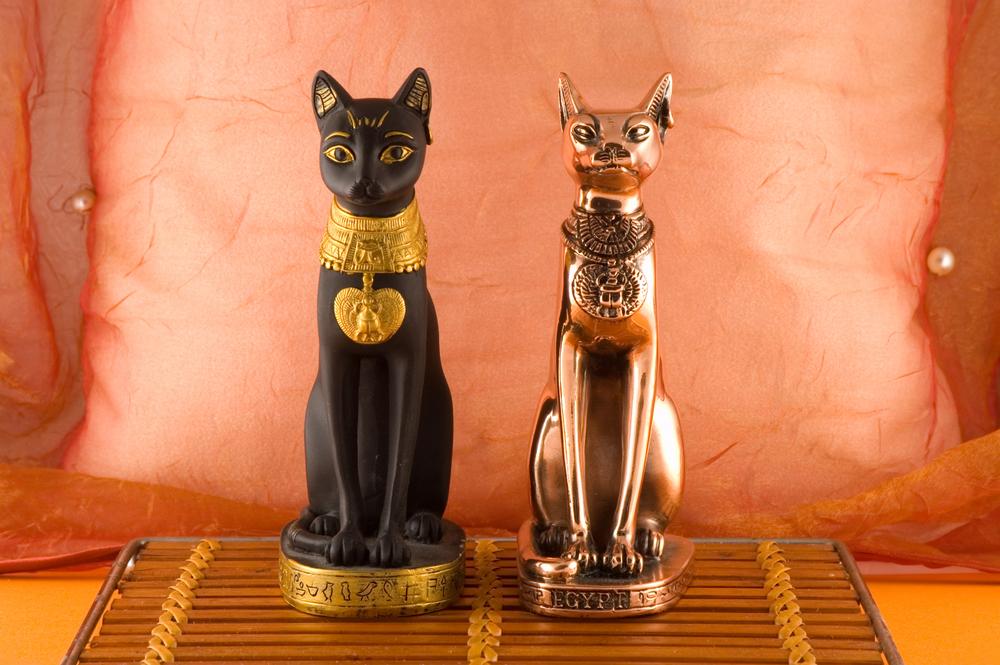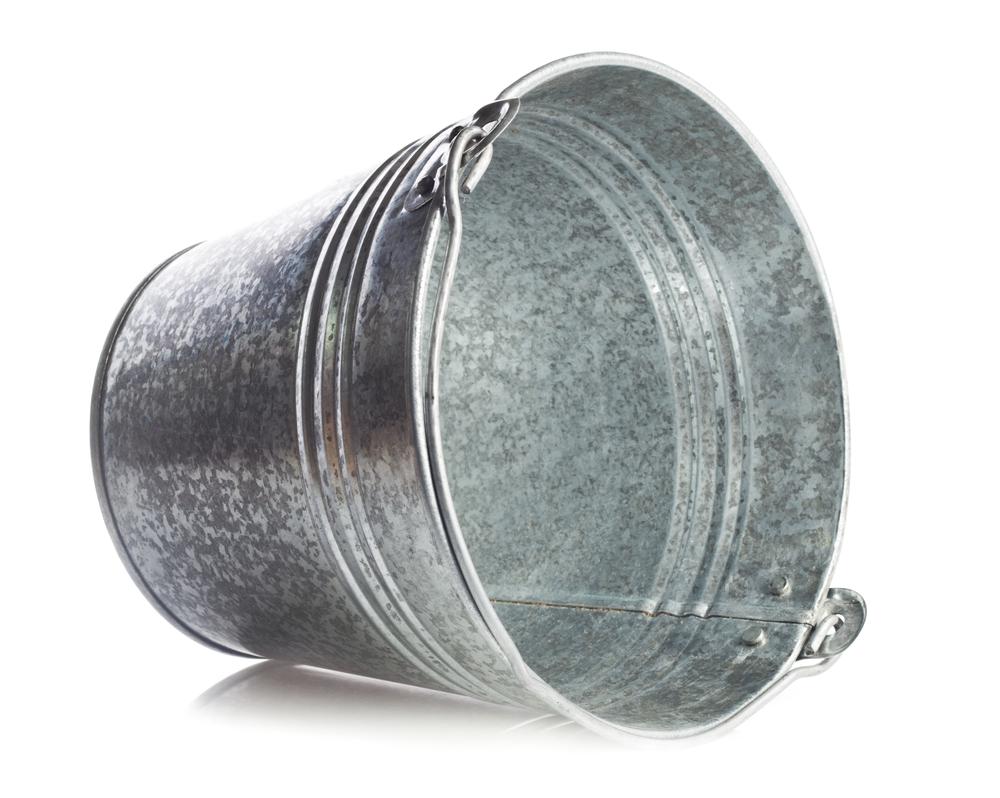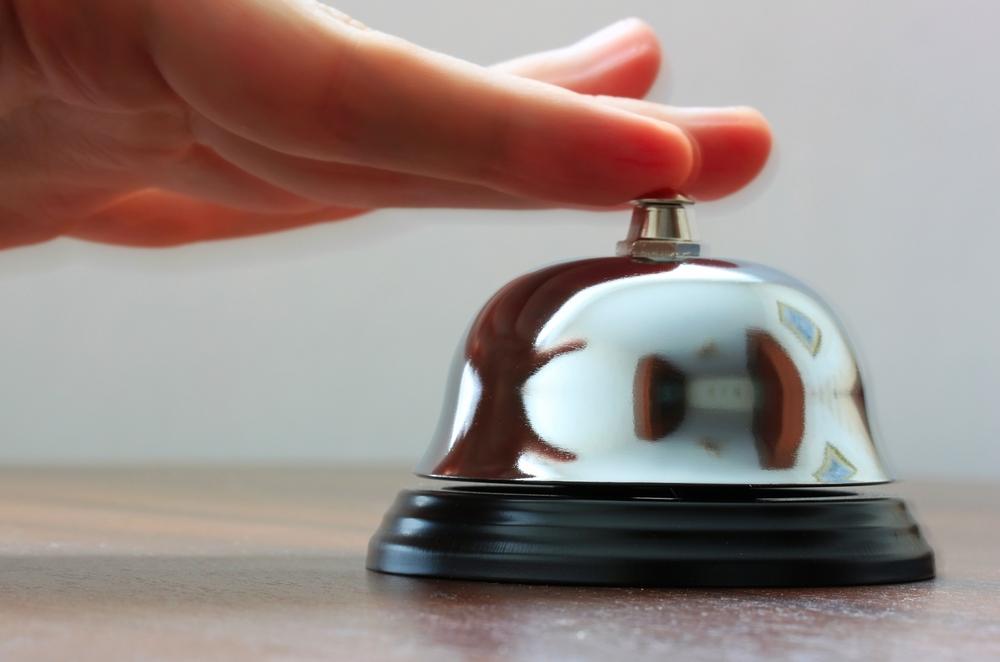It is often difficult to trace the origins of words and sayings with complete certainty. Some of the origins of these phrases may be disputed, but they are presented here as likely explanations. Some of the sayings we have today have really become incomprehensible if taken literally, being so far removed from their original meaning. Some of the sayings seem to make more sense literally, nonetheless, they have surprising stories behind them.
1. Cat Got Your Tongue?

Black and bronze cats via Shutterstock
History: The origin of the saying is uncertain, but it may have been derived from sailors being punished with cat-o-nine tails; it was so painful, they were speechless.
2. Caught Red-Handed

Hand print with red color via Shutterstock
History: It likely originated from Acts of Parliament of James I, 1432, which alluded to a person having blood on his hands after committing an evil deed.
3. Don’t Throw the Baby Out With the Bathwater

Little girl bathes in a blue bath with a toy via Shutterstock
History: During 16th century, when this saying is said to have first appeared, the bathing water was so scarce that by the time the baby (the last person to bathe) took a bath, the water was murky. It was really hard to see clearly, so people said one could mistakenly throw the water and the baby out together.
4. Spill the Beans

Coffee beans spilled out of the bag via Shutterstock
Meaning: To reveal secrets
History: It is said that this expression originated from a voting system in ancient Greece. White beans indicated votes “for,” black beans “against.” The voting had to be unanimous. If some one accidentally “spilled the beans” before the vote was completed, a black bean or white bean may be seen in the bunch and the voting was stopped.
5. Sleep Tight

Sleep Tight via Shutterstock
History: It is said that this phrase came from a time when mattresses were supported by ropes. To make the mattress evenly balanced, the ropes has to be pulled tight.
6. Rule of Thumb

Thumbs Up via Shutterstock
History: In 1782, Judge Sir Francis Buller reportedly ruled that a husband could beat his wife with a stick as long as the stick was not thicker than the husband’s thumb.
7. Let Your Hair Down

Woman with long, straight hair via Shutterstock
Meaning: To be relaxed
History: In the 17th century, when this phrase is said to have appeared, most European women wore their hair intricately styled and pinned up when they went out. When they were back in their homes, they were able to let their hair down and relax.
8. Kick the Bucket

Metal bucket via Shutterstock
History: This saying may have originated from the idea that a person places a bucket under his feet when he hangs himself so he can kick the bucket away. Once he kicks the bucket, he dies.
9. Saved by the Bell

Calling service bell Via Shutterstock
History: During the 17th century, a bell would often be attached to a grave along with a mechanism that would allow the person in the coffin to ring it if he or she were mistakenly buried alive.
10. Break the Ice

Icebreaker in the Antarctic via Shutterstock
Meaning: To break down social formality and stiffness
History: During the winter, breaking a path through thick layers of ice is needed for navigation of boats and trading boats to go into ports.





